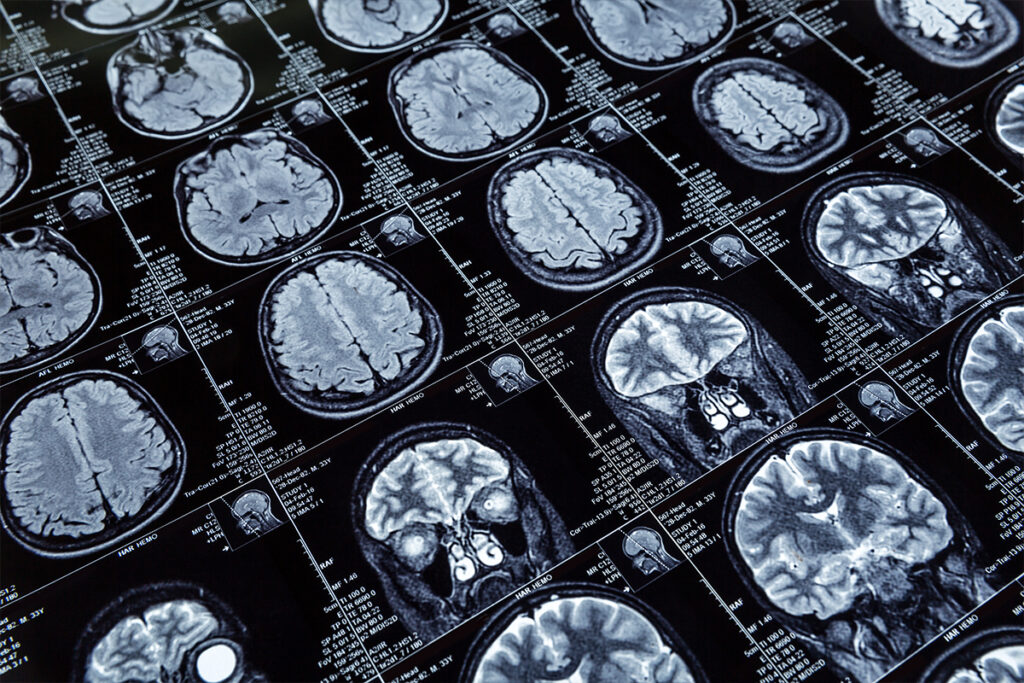Annovis Bio’s buntanetap found to reduce inflammation biomarkers and improve cellular health in Alzheimer’s patients.
Neurodegeneration-focused biotech Annovis Bio has released new biomarker data from its Alzheimer’s disease program that suggests its lead compound, buntanetap, may have disease-modifying potential beyond symptomatic relief. The analysis, based on the company’s Phase 2/3 Alzheimer’s study, revealed that the oral small molecule reduced several markers associated with neuroinflammation and neurodegeneration, providing further evidence that the drug may alter the underlying biology of Alzheimer’s disease.
Buntanetap is designed to slow or reverse neurodegenerative processes by inhibiting the translation of multiple neurotoxic proteins, such as amyloid beta, tau and alpha-synuclein. By suppressing production of these proteins, the therapy aims to restore neuronal health through improved axonal transport, synaptic transmission, and reduced inflammation. The approach is intended to target the interconnected cascade of pathological events driving diseases such as Alzheimer’s and Parkinson’s, rather than focusing on a single protein or pathway.
In its new biomarker analysis, Annovis reports that buntanetap treatment led to a measurable decrease in key inflammatory markers compared with placebo. These molecules are typically elevated in Alzheimer’s and have been linked to amyloid burden and chronic inflammation. The treatment also reduced levels of neurofilament light chain, a marker of neuronal injury, suggesting an improvement in neuronal integrity. These changes were observed in patients with elevated plasma pTau217, a recognized Alzheimer’s biomarker, across both mild and moderate stages of the disease.
“Alzheimer’s disease is multifactorial, and targeting just one of its causes has historically yielded limited therapeutic benefit,” said Annovis CEO Dr Maria Maccechini. “What makes buntanetap truly promising is its ability to target multiple neurotoxic proteins simultaneously and interrupt the toxic cascade – something we have long believed was necessary for meaningful progress. These biomarker results validate our preclinical and earlier clinical findings and reinforce our confidence that we are on the right track.”
The findings add to previously reported Phase 2/3 results in which patients with mild Alzheimer’s demonstrated significant cognitive improvements on buntanetap. Taken together, the biomarker and clinical data indicate that the therapy may address both symptoms and underlying pathology. Annovis is now advancing buntanetap into a pivotal Phase 3 trial in early Alzheimer’s disease, which is actively enrolling patients across the United States. The study will assess symptomatic outcomes at six months and potential disease-modifying effects at 18 months.
Researchers involved in the biomarker study noted that the data, derived after just three months of treatment, confirmed target engagement and pathway modulation consistent with the drug’s proposed mechanism of action.
“We are highly encouraged by these new biomarker data,” said Annovis’ head of R&D Dr Cheng Fang. “Since the biomarker signal typically becomes more evident as the disease advances, we anticipate observing an even stronger treatment response at the 18-month analysis.”
Annovis plans to present the full biomarker dataset at the Clinical Trials on Alzheimer’s Disease (CTAD) conference in San Diego this December.
With both mechanistic validation and clinical signals aligning, the company is positioning buntanetap as a therapy that could intervene in the complex biology of Alzheimer’s disease by targeting multiple neurotoxic processes simultaneously. The Phase 3 trial readouts, expected in late 2026 for symptomatic outcomes and late 2027 for disease modification, will determine whether these biomarker improvements translate into long-term clinical benefit for patients.

